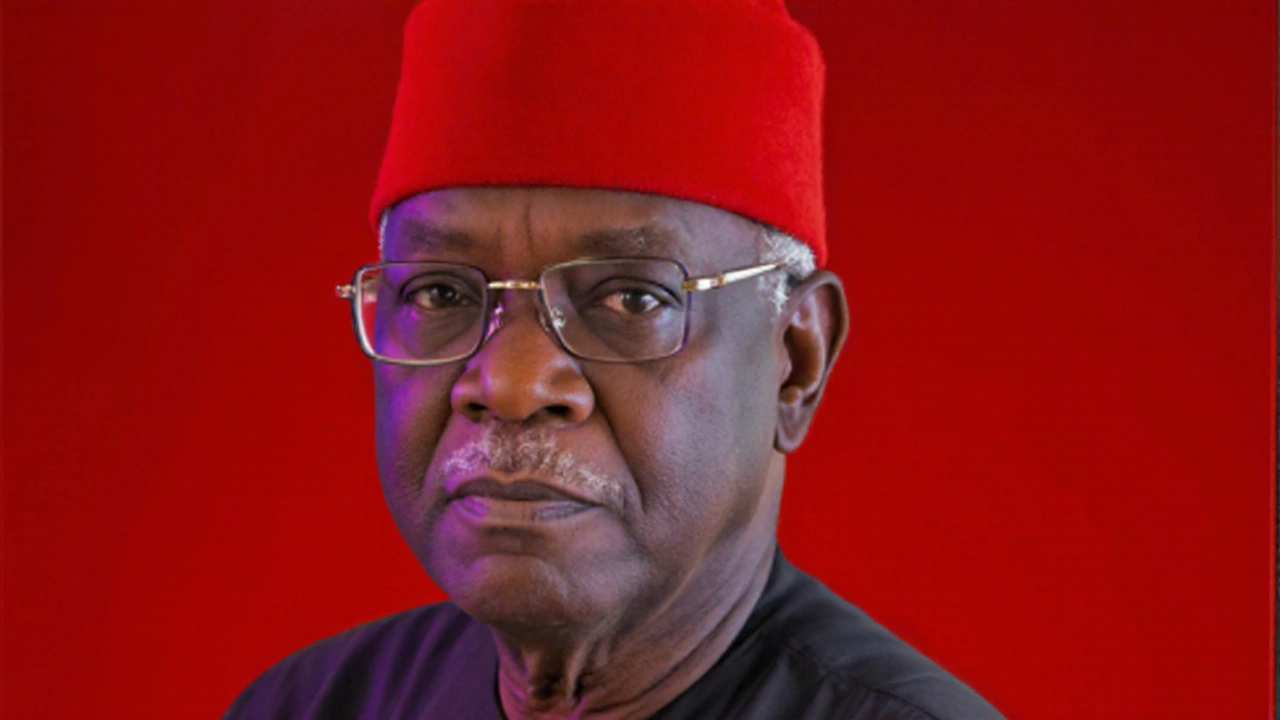Nigeria elections: What’s happening and why you should care
If you’ve been scrolling the news feed lately, you’ve probably seen a lot of buzz around Nigeria elections. From court battles over candidates to big‑money scandals, the country’s political calendar is packed. This guide breaks down the basics, gives you the most useful info, and shows why the results matter for everyday South Africans and the wider region.
Key dates and how voting works
The Independent National Electoral Commission (INEC) has set the main election day for February 25, 2025. Voter registration closes two weeks before, on February 11, so anyone who wants to cast a ballot needs to confirm their details now. Polling stations open at 7 am and close at 7 pm. If you’re unsure where your nearest station is, just type your address into the INEC online portal – it will pop up instantly.
Voting is first‑past‑the‑post for the presidency, meaning the candidate with the most votes wins, even if they don’t hit 50% of the total. For the National Assembly, seats are allocated by a mixed system of direct elections and proportional representation, but the basics stay the same: show up, mark your paper, and hand it in.
Who’s in the race?
The two biggest parties are the All Progressives Congress (APC) and the People’s Democratic Party (PDP). APC’s front‑runner is former governor Bola Tinubu, while the PDP is pushing former minister Peter Obi. Both have strong regional followings – Tinubu is popular in the southwest, Obi in the southeast. Smaller parties like the Labour Party and the New Nigeria Peoples Party also have notable candidates, and they’re pulling in younger voters who are tired of the old political game.
Besides the big names, there’s a lot of drama behind the scenes. The recent ICPC probe into the NELFUND scandal, where N71.2 billion vanished, has forced some candidates to distance themselves from officials linked to the theft. Meanwhile, Simon Ekpa’s extradition saga is still hanging in the balance, adding another layer of legal intrigue that could sway voter sentiment, especially among the Igbo community.
For many voters, the key issues are economics, security and corruption. Inflation is still high, and unemployment hits record levels for youth. Security concerns range from farmer‑herder clashes in the north to Boko Haram activity in the northeast. And the corruption narrative stays front‑and‑center after the student loan fund scandal made headlines.
So, what does all this mean for you? If you’re a South African living in Nigeria or have family back home, the election outcome could affect trade ties, cross‑border travel and even regional stability. A smooth, credible election usually means a better business environment and fewer disruptions for migrants.
In short, keep an eye on the date, know where to vote, and watch how the big scandals shape the candidates’ messages. The Nigeria elections are more than a political event – they’re a barometer for the country’s future and a story that resonates far beyond its borders.
INEC Chairman Succession: Nigeria’s 2027 Election at a Crossroads
Professor Mahmood Yakubu’s ten‑year term as INEC Chairman ends in December 2025, thrusting Nigeria into a heated debate over who will lead the commission ahead of the 2027 elections. Experts warn that politicised appointments could undermine the credibility of the vote, while civil society calls for a transparent, merit‑based process. With five national commissioners also set to leave in 2026, the next leadership team will inherit a commission in flux and a nation watching closely.
Julian Parsons | Sep, 26 2025 Read More
